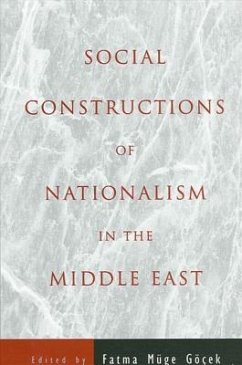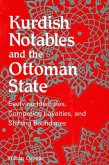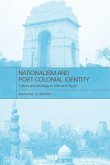While Middle Eastern nationalism is most often examined from the political viewpoint, this book adds a fresh perspective by exploring the social and cultural dimensions. Although most scholars agree that nationalism is the most significant social and political phenomenon of the twentieth century, shaping individuals, societies, and states throughout the world, they often dispute the complex elements that form and transform it. This book provides a rare comparative analysis of the meaning systems created around nationalism in societies, groups, and the lives of individuals, and proves that these systems are, in fact, as significant in sustaining nationalism as the dominant political form of nation-states. Concentrating on three themes--narrative, gender, and cultural representation--the contributors address how nationalism transforms and is transformed by the lives of individuals and groups from the eighteenth century to the present, with examples ranging from Turkey to Egypt to Iranian immigrants in the United States.
Hinweis: Dieser Artikel kann nur an eine deutsche Lieferadresse ausgeliefert werden.
Hinweis: Dieser Artikel kann nur an eine deutsche Lieferadresse ausgeliefert werden.








